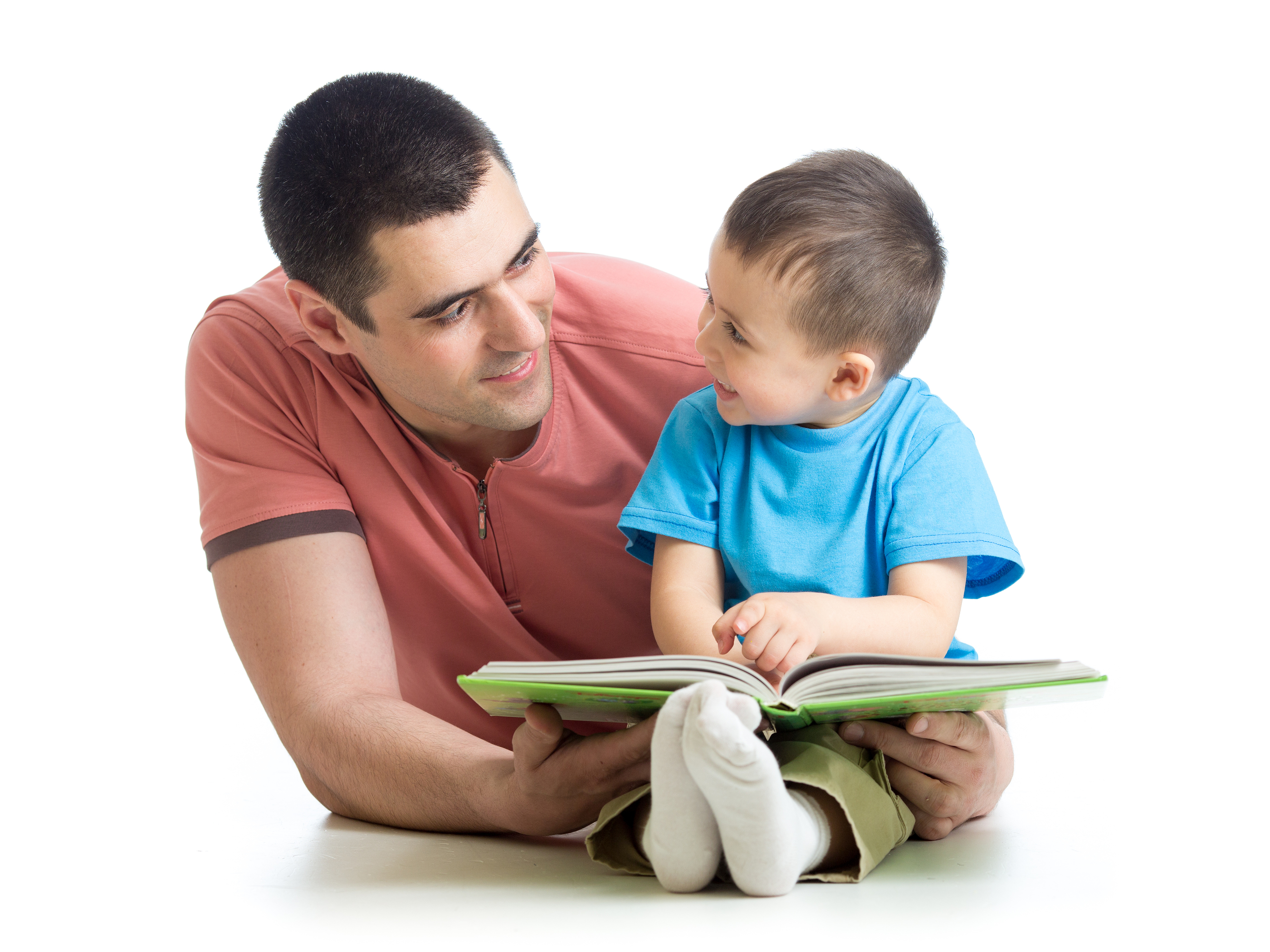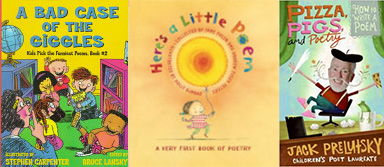Do you remember a favorite poem from childhood? I do – “The Swing” by Robert Louis Stevenson.  I liked the sound of the words and the feeling of movement they evoke, and I also remember being proud that I could recite it from memory.
I liked the sound of the words and the feeling of movement they evoke, and I also remember being proud that I could recite it from memory.
If you've ever read a Dr. Seuss or Shel Silverstein book to a child, you know how they respond to short, punchy rhyming verses. Young children and even babies like the bouncy, playful sounds of poems, even if they don't understand what the words mean. Kindergartners and first-graders like funny poems about things they can relate to, and older kids can appreciate how complex thoughts and emotions can be communicated in a few carefully chosen words.
Researchers tell us young children benefit from hearing poetry in numerous ways, including language, cognitive and physical development. Its emphasis on sounds and rhythm builds phonemic awareness—the ability to hear and identify individual sounds in words—which sets the foundation for learning to read in a way that narrative doesn’t. Rhymes also make learning new words easier, and help children understand that some words sound similar but have different meanings.
Relationship Between Poetry, Numbers
Studies also show a relationship between poetry and numbers. Through rhymes and poems, children learn to recognize patterns, and through patterns, they learn to understand what a sequence is, both of which help with learning math skills later. Repeating rhymes also impacts kids’ physical development. Breath coordination and tongue and mouth movements are easier with the musical structure of a rhyme, and the physical awareness of when to breathe and for how long can be naturally applied to prose as children grow.
What Can Parents, Caregivers Do?
Besides reading books of poems, parents and caregivers can engage children in word play to further their understanding of language, and have fun together as a bonus. Try these games in the car or during other waiting times:
- Have children finish phrases with a rhyme. “The fat cat sat on a …….” Making up nonsensical rhyming words to fill in the blanks is OK.
- Help kids learn simple rhymes to recite for fun.
- Ask rhyming questions or have kids think of a real word or nonsense word that rhymes with their name or a word with a color (“blue shoe”).
- Play a rhyming game by having kids tell you which two words don’t rhyme: (cat-bat; red-bed; rain-truck).
Introducing very young children to poetry facilitates their development, and maybe most importantly, helps them fall in love with words, increasing the chance they'll become enthusiastic readers which we know is key to succeeding in school and beyond.

References: Block & Israel, 2005; pbs.org/parents; NAEYC: Read a Little Poem; Bright Horizons
Nancy Hammel, Communications Associate


